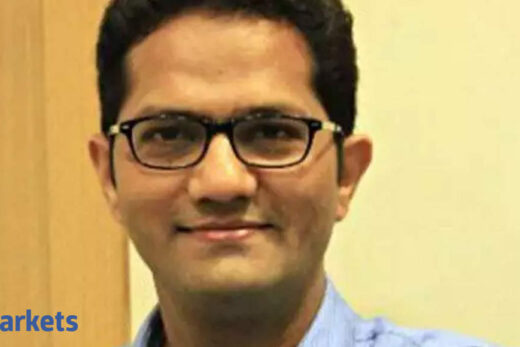Since your father died intestate, that is, without making a will, all the legal heirs, including you, your brother and your mother, will have equal rights over the property. If he had made a will making your brother the beneficiary of the property, you would have had no legal right over the said property.
Is it compulsory to register a will? Can a registered will be contested in a court of law? — Sachin Usgaonkar
Registering a will is not mandatory, nor does it offer any guarantee that it will not be opposed. So, a registered will can be contested in a court of law. Despite this, it is advisable to register a will as it increases the document’s authenticity since it has been approved by a government official. Besides, it minimises the grounds on which it can be challenged. If there are no disputes in the family, it also ensures a smooth transition of assets as per the wishes of the testator.
I and my husband are going to get a divorce. I want to know what all can I claim as my streedhan? — Mihira Jain
It is important that you collect all your streedhan and keep it in safe custody where it cannot be accessed by your husband. Streedhan includes all movable and immovable property and gifts received by you before your marriage, at the time of your wedding, during child birth as well as widowhood. These can be gifted to the woman by her own parents and relatives, by her husband, or by her husband’s relatives at any time before or after marriage.
Can my daughter stake a claim to my estranged husband’s ancestral property even though he died without a will? — Vineeta Sahai
Yes, your daughter can stake a legal claim to your husband’s ancestral property since she has a right to it by virtue of her birth. It does not matter whether your husband made a will or not since he cannot gift the ancestral property to anyone. According to the Hindu Succession (Amendment) Act 2005, ancestral property will be divided equally among all legal heirs, whether they are sons or daughters.
(Disclaimer: The responses are based on limited facts provided by the queries. It is advisable to consult a legal practitioner after presenting full facts and documents. Responses should not be considered as legal advice in any manner whatsoever.)



